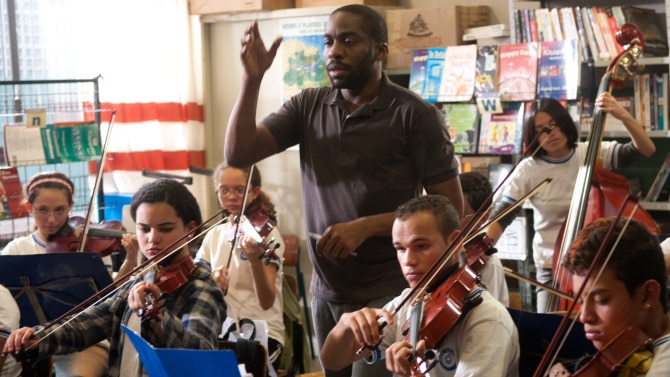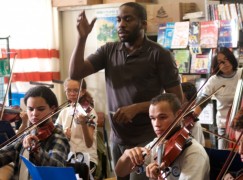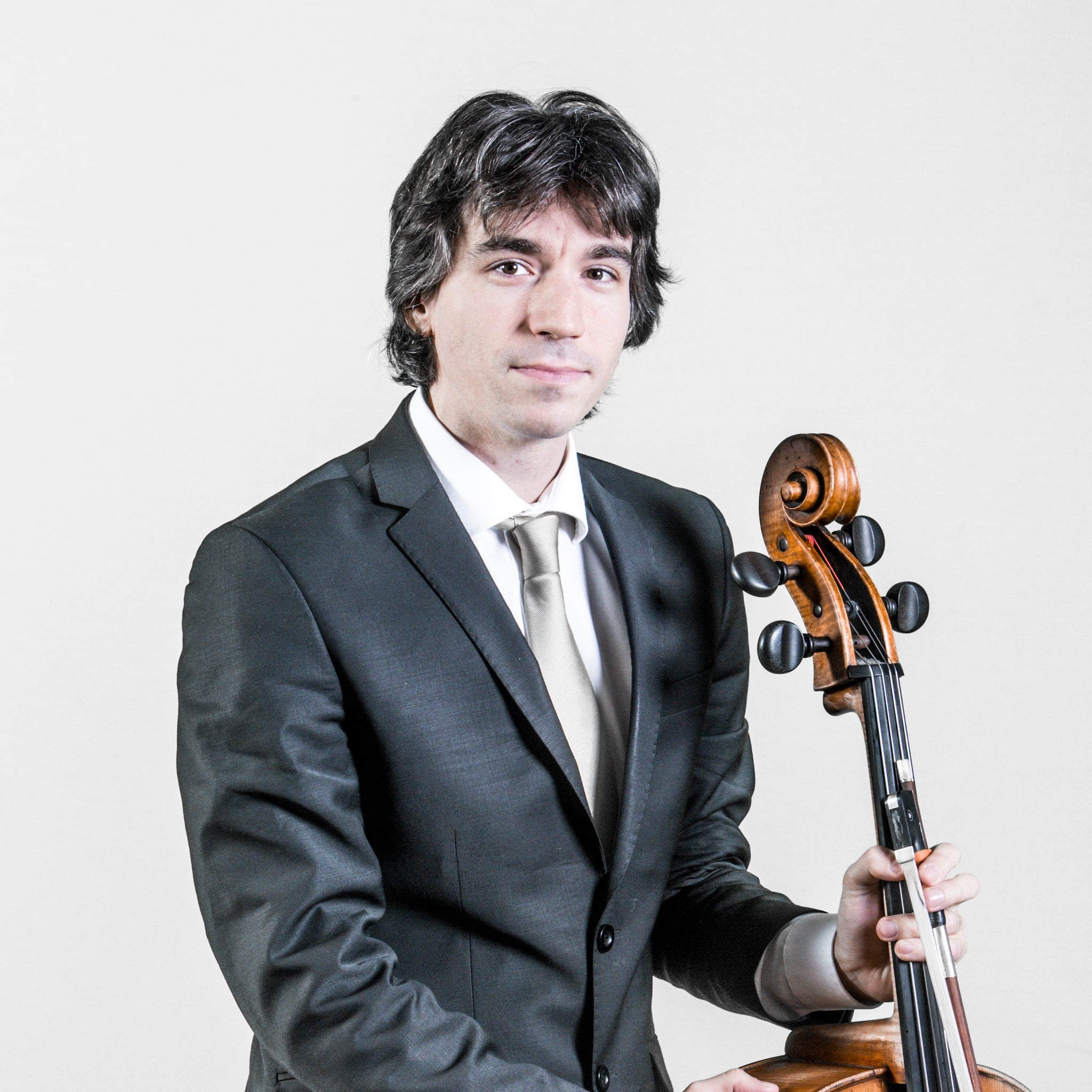Music lessons ‘may not improve a child’s education’
mainFrom this morning’s Daily Mail:
New research suggests that music lessons do not help children improve their other cognitive skills such as reading and maths.
A review of 54 scientific studies involving 7,000 children says learning an instrument provides no boost in other areas of study.
Dr Giovanni Sala, who led the research at Fujita Health University in Japan, said: ‘Our study shows that the common idea that “music makes children smarter” is incorrect.
Read on here.







Comments